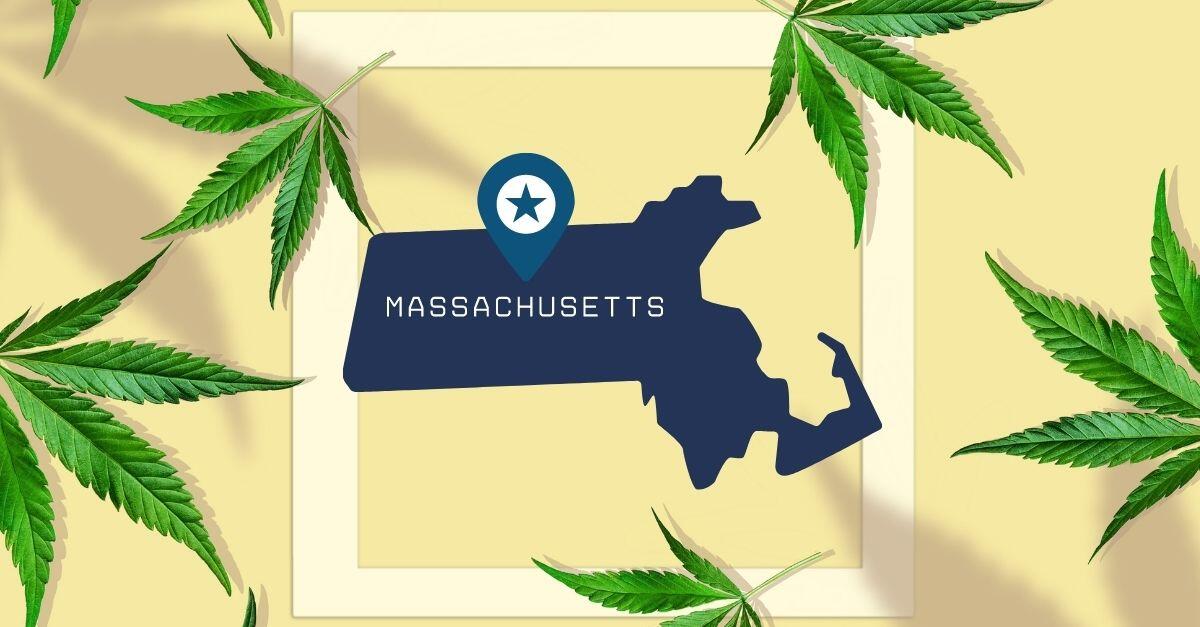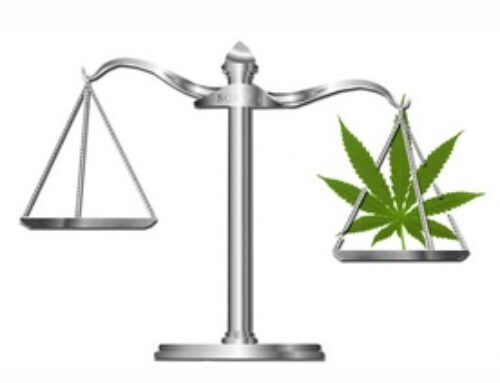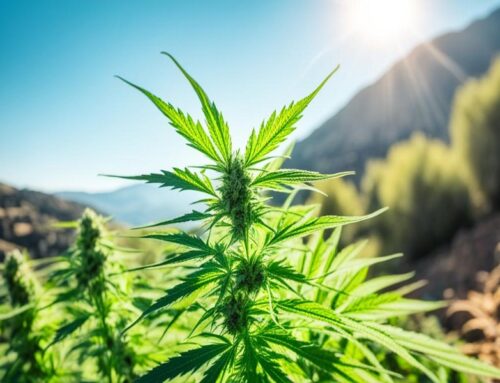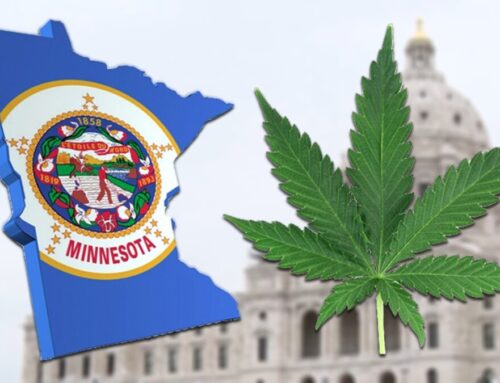Since Massachusetts first opened its adult-use cannabis market, licensed retailers have sold more than $7 billion in legal medical and recreational marijuana, according to numbers from the state’s Cannabis Control Commission (CCC). The price per gram of legal marijuana, meanwhile, continues to fall to record lows.
The sales milestone—roughly $7.05 billion—includes $5.81 billion in recreational purchases since adult-use sales began in late 2018 as well as $1.24 billion worth of medical marijuana receipts over the same time period.
CCC’s sales data for the medical market extends back only to December 2018, when the commission assumed oversight of the system.
In February of this year, meanwhile—the most recent full month for which data is available—adult-use retailers tallied $127 million in sales, marking a year-over-year monthly increase of about $6.4 million. Medical marijuana sales for this past February were $16.2 million—about $2.5 million less than a year earlier.
The price of marijuana in Massachusetts, meanwhile, continues to fall—from a high of nearly $15 per gram of flower when stores first open to almost $5 per gram this year.
In February, the average price to adult-use consumers was $5.32 per gram, a record low in the commonwealth, according to the state data.
In terms of product types, past-week sales data from the commission show marijuana flower makes up the plurality of sales ($13.1 million), followed by vape products ($6.0 million), raw pre-rolls ($4.8 million), infused edibles ($3.6 million), concentrate ($1.4 million) and various others.
This past December, the state set a new monthly sales record of $158.7 million worth of legal cannabis products, according to CCC figures—bringing the state’s total recorded sales for 2023 to nearly $1.8 billion.
Meanwhile in Massachusetts, officials are exploring how to regulate THC-infused hemp products that are sold in liquor stores and smoke shops, with lawmakers holding a hearing on the matter last week.
A workforce development program that receives federal funds also recently warned partners that it’s restricted from using those resources to aid the state-legal marijuana industry—though it can use the money to provide services to the hemp industry, which is federally legal.
Reforms around psychedelics are also in the works in the commonwealth.
With a psychedelics legalization initiative pending before lawmakers ahead of a potential vote on the November ballot, a legislative committee recently advanced a separate bill that would legalize psilocybin therapy and set up a framework to license facilitators who would supervise medical, therapeutic and spiritual applications of the drug.
The development comes on the heels of local leaders in the city of Medford adopting a resolution to deprioritize arrests around psychedelic plants and fungi and also urge county prosecutors to stop pursuing cases of possession, cultivation or distribution of the substances.
Medford was the eighth Massachusetts city to adopt such a policy, along with Salem, Somerville, Cambridge, Easthampton, Northampton, Amherst and Provincetown.
The activist-backed legalization initiative now before state lawmakers, meanwhile, would create a regulatory framework for lawful and supervised access to psychedelics at licensed facilities. It would also legalize the possession and gifting of psychedelics such as psilocybin and ayahuasca, but it would not otherwise provide for commercial retail sales of the substances.
Marijuana Moment is tracking more than 1,000 cannabis, psychedelics and drug policy bills in state legislatures and Congress this year. Patreon supporters pledging at least $25/month get access to our interactive maps, charts and hearing calendar so they don’t miss any developments.
Learn more about our marijuana bill tracker and become a supporter on Patreon to get access.
After activists collected an initial batch of signatures from voters, the legislature now has the choice of enacting the reform, proposing a substitute or declining to act entirely. If lawmakers decide not to legalize psychedelics by May 1, activists would then have until July 3 to submit at least 12,429 additional valid signatures to put the proposal before voters on the November 2024 ballot.
Separately, Gov. Maura Healy (D) recently drew attention to testimony around a veterans-focused bill that she’s introduced to create a psychedelics work group that would study the therapeutic potential of substances such as psilocybin.
Another bill would authorize the Department of Public Health to conduct a comprehensive study into the potential therapeutic effects of synthetic psychedelics like MDMA.
Rep. Mike Connolly (D) also filed a bill in 2021 that received a Joint Judiciary Committee hearing on studying the implications of legalizing entheogenic substances like psilocybin and ayahuasca.







